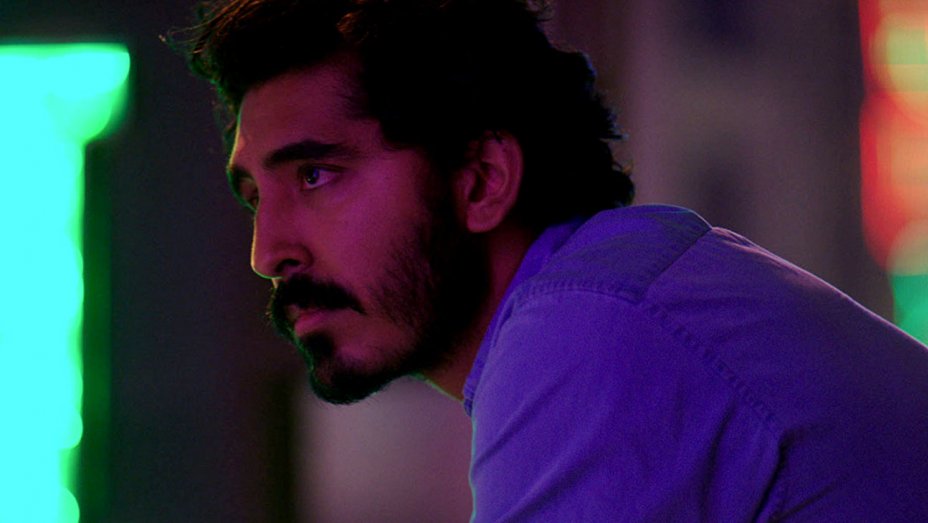This is the last installment of a four-piece series of reviews of the Toronto International Film Festival (TIFF).
TIFF DAY 4
The Wedding Guest (B-)
My final film was Michael Winterbottom’s “The Wedding Guest,” an action-packed drama about Jay (Dev Patel), a hired hand who attempts to kidnap Samira (Radhika Apte) the night before her traditional Pakistani wedding and deliver her to a past flame. “The Wedding Guest”’s strength comes from its ability to tackle identity-based issues rooted in ethnic conflict, religion and gender. The film meticulously portrays how partition-era politics and slight changes in personhood — the ability or inability to speak a native language, social power to choose or deny a spouse — can impact one’s life. For example, Jay’s brown skin and body hair lead to a “random” extensive search at an English airport. But once in India, his gender allows him to easily rent a car, obtain firearms and repeatedly cross the Indian-Pakistani border. In contrast, it is not until Samira’s kidnapping by a man and delivery to another man that she has an opportunity to stop a marriage in which she is uninterested.
“The Wedding Guest”’s weaknesses lie in its almost paternalistic critique of Indian and Pakistani culture. At times, it is difficult to ascertain if the film is critiquing the minimal social power Samira has or the culture she belongs to. Additionally, it is difficult to discern if scenes with nudity were unnecessary or if they attempted to portray an easily victimized character with agency. Brow-furrowing choices like this were woven throughout the film. I don’t mind being forced to question a film’s intent, but “The Wedding Guest” could have been stronger had its social critiques been more refined and its character development better grounded than the film’s romance. Patel and Apte both offer engaging performances; Patel as a criminal striving to be righteous and Apte as an independent woman rejecting the notion that she needs saving. But “The Wedding Guest” is not a film I can imagine being widely distributed or unanimously received.
This screening, like every other, began with the same few videos. First, TIFF sponsor commercials from Visa and L’Oreal Cosmetics. Second (and more intriguing) was the clip of hundreds of orange clad TIFF volunteers singing Queen’s “We Are the Champions” in celebration of their work. This video received thunderous applause from audience members and theatre clerks during all 10 screenings I attended. Third was a video about young filmmakers discussing their future goals.
There are two final, noteworthy TIFF traditions. Prior to each film, a buccaneer-esque “aarrrgggggh” lingers through theatres in response to on-screen reminders to silence cell phones and minimize noise. I never found out why we all “aarrrgggghed.” Finally, were the remarks by TIFF coordinators before every premiere screening about the indigenous tribes whose land we were all seated upon.
The Toronto International Film Festival (TIFF) is a cinematic playground for storytellers and creatives from all across the globe. TIFF weekday mornings contain a sleepy collection of industry executives crowding the streets, well-dressed youths jumping into ride-shares and the late summer breeze blowing on the backs of orange-clad volunteers. I am incredibly fortunate to have experienced even an infinitesimal part of it. But when I reflect more on my time there, I sometimes feel disappointed that everyday life is not a succession of walks to and from film screenings. Then I recall that TIFF was not a splendorous paracosm of my own making — but rather a collaborative effort forged by people who cherish everyday life enough to find important stories to tell.
A&E Editor | adesola.thomas@emory.edu
Adesola Thomas (20C) is from Hampton, Ga., a place she refers to as "the land of cow pastures." She is a double major in political science and English. She enjoys cooking, long scenic walks and looking at pictures of black labs on the internet. The first song Adesola ever learned how to rap all the way through was Kanye West's "Herd Em' Say" which she now feels mildly conflicted about. Adesola brings up Greta Gerwig's "Lady Bird" at least once a day and wrote every one of her college admissions essays about the social impact of "Saturday Night Live." She can hide up to twelve pencils in her afro and enjoys writing about people and art.




